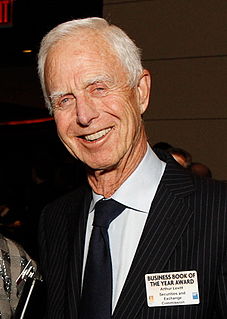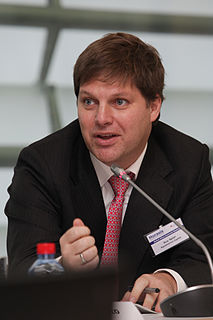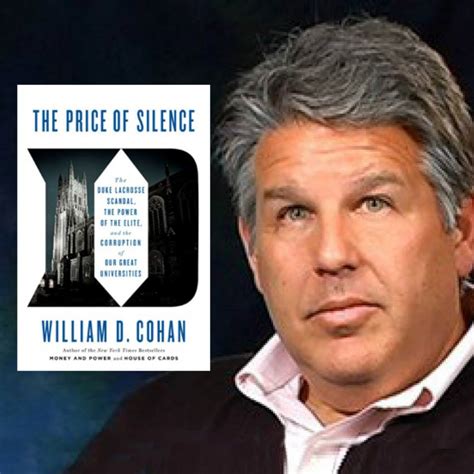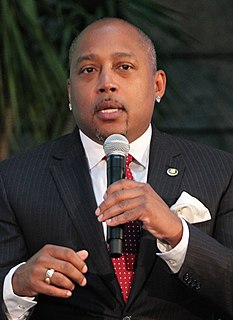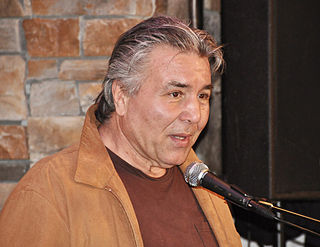A Quote by Matt Taibbi
By incentivizing Wall Street players to sniff out inefficient or corrupt companies and bet against them, short-selling acts as a sort of policing system; legal short-sellers have been instrumental in helping expose firms like Enron and WorldCom.
Related Quotes
The legal system doesn't work. Or more accurately, it doesn't work for anyone except those with the most resources. Not because the system is corrupt. I don't think our legal system (at the federal level, at least) is at all corrupt. I mean simply because the costs of our legal system are so astonishingly high that justice can practically never be done.
I do not use short selling. The fund has not shorted a stock since the 2002 to 2003 time frame. At that time I did short three stocks, on which I broke even on two and made money on one of them. The experience taught me that I was not going to be using short selling going forward for a slew of reasons.
The not-quite-sort-of lie works here too - often an ad will announce that "Congressman Johnson voted for a bill that gave tax breaks to companies like Enron." True - although the bill allowed all companies to accelerate depreciation of copying machines. Yes, Enron benefited, but Enron also benefited from the revolution of the Earth around the sun. Hardly an argument to freeze the planet in one spot.
Wall Street can be a dangerous place for investors. You have no choice but to do business there, but you must always be on your guard. The standard behavior of Wall Streeters is to pursue maximization of self-interest; the orientation is usually short term. This must be acknowledged, accepted, and dealt with. If you transact business with Wall Street with these caveats in mind, you can prosper. If you depend on Wall Street to help you, investment success may remain elusive.
The dirty little secret of what used to be known as Wall Street securities firms-Goldman Sachs, Morgan Stanley, Merrill Lynch, Lehman Brothers, and Bear Stearns-was that every one of them funded their business in this way to varying degress, and every one of them was always just twenty-four hours away from a funding crisis. The key to day-to-day survival was the skill with which Wall Street executives managed their firms' ongoing reputation in the marketplace.
What helped me a lot is the fact that I have a very short neck. If I had a neck like a stack of dimes, you can bet I couldn't take a good shot. But the fact that I had a short neck and worked on it a lot (as opposed to most fighters who don't work on their neck muscles) definitely helped. I would stand on my head against a wall and move my head back and forth, side to side, for half an hour or so while talking on the phone.
Allowing short selling is allowing people to sell - instead of having to buy the stock and then sell it, which doesn't do much; allow them to sell it, and then buy it. In which case they can express that information and the idea is that you would get more accurate valuation of companies by letting people express both their positive information and their negative information through either long or short selling.

